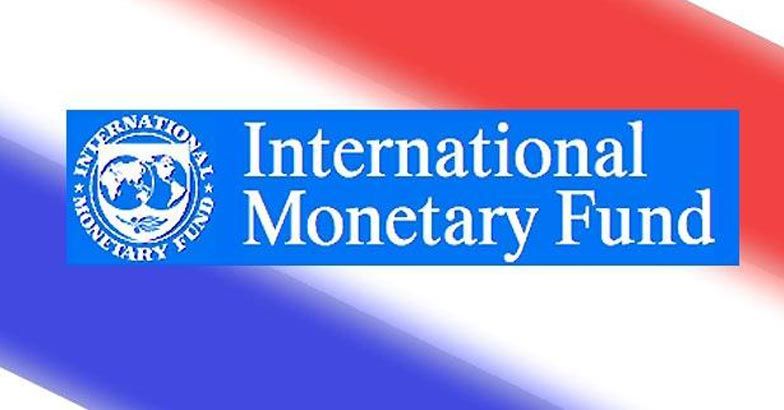Amid reports that cash-strapped Sri Lanka’s ruling coalition is split down the middle over an International Monetary Fund (IMF) bailout, another cabinet minister on Wednesday (29) spoke in favour of IMF assistance, even going as far as to hint at the sale of the country’s national carrier.
“We will have to go to the IMF. There is nothing wrong with that… since we have no other option,” Environment Minister Mahinda Amaraweera said speaking to reporters on Wednesday (29).
Amaraweera is a member of the Sri Lanka Freedom Party (SLFP), which is increasingly at odds with the ruling Sri Lanka Podujana Peramuna (SLPP). State Minister Dayasiri Jayasekara, the SLFP’s general secretary, had also recently advocated going to the IMF.
“Of course, we need to not accept every condition put forward by the IMF,” said Amaraweera.
“We have been informed that the central bank governor and the Treasury Secretary will be joining the cabinet meeting next Monday (03). I think we will be able to reach a final consensus then,” he added.
Co-cabinet spokesman and Media Minister Dullas Alahapperuma on December 21 told reporters that the cabinet had “exchanged views” on an IMF bailout for the second week in a row but no decision had been made.
Minister Amaraweera, meanwhile, also commented on SriLankan Airlines, the national carrier, and other under-performing state owned enterprises (SOEs).
“At this point, we may have to let go of certain institutes. For example, SriLankan suffers losses in the billions. These losses are borne by people who have never even touched [an aircraft],” he said.
A day before Sri Lanka raised fuel prices last week, Trade Minister Bandula Gunawardena told reporters that the IMF would ask to cut the bloated public sector, reduce the budget deficit, make state enterprises profitable, and raise fuel and electricity prices.
A few days earlier, State Minister Jayasekera said after last week’s cabinet meeting that the IMF imposes conditions such as making state enterprises profitable.
“It is a good thing to do that,” Jayasekera said.
Finance Minister Basil Rajapaksa had already said the state workers and state enterprises were a big burden on the economy.
Older IMF baiout programs typically involve cutting the deficit with tax hikes (revenue based), trimming expenses (spending based) expressed as a net domestic finance target, a foreign reserve target and a reserve money target.
However Sri Lanka’s last failed extended fund facility from IMF program where money was printed within the program to create forex shortages and worsen foreign debt, an inflation target was given and the budget target was defined as a primary deficit.
Instead of a measurable reserve money or ceiling on central bank credit an inflation target was given, allowing the trigger happy central bank to print money and trigger a currency crisis within the program.
Under revenue based fiscal consolidation, state spending soared and the currency collapsed from 151 to 183 under a so-called flexible exchange rate where the exchange flipped from pegged to floating rapidly and interventions were sterilized on top of it.


